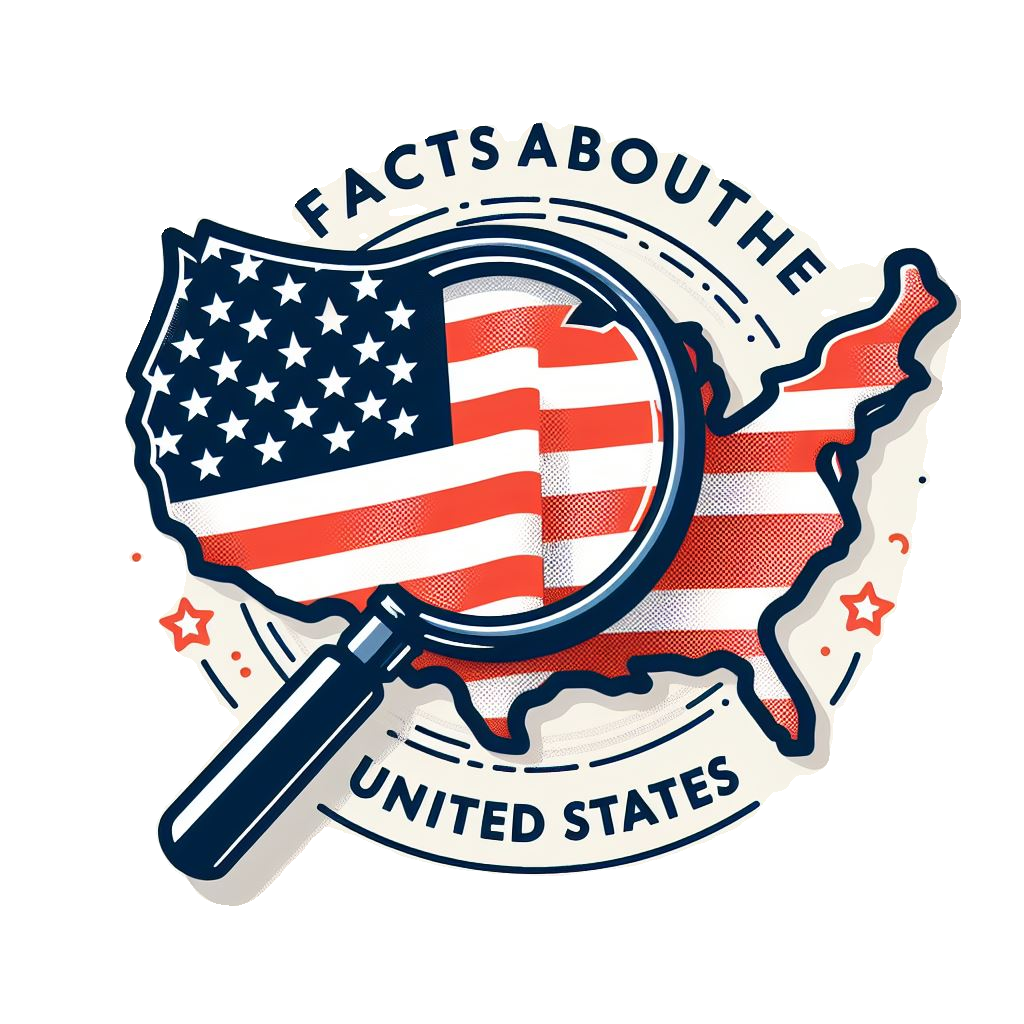Harry S. Truman: The ‘Accidental President’
Harry S. Truman was no political prodigy. He was a farmer, a shopkeeper, a county official. He was, in his own words, a plain and average man. Yet, thrust into the presidency at one of the most critical points in history, Truman would leave behind a towering legacy, making decisions that still shape the world.
From Missouri Farm Boy to the Senate
Born in Lamar, Missouri, in 1884, young Harry Truman led an ordinary Midwestern life. Thick glasses and a love of reading marked his childhood. A lack of money prevented him from attending college, so he worked on his family’s farm. In World War I, he showed his mettle, rising to the rank of captain in the artillery in the brutal battlefields of France.
After the war, Truman dabbled in business (a failed haberdashery!) before entering politics. His reputation for honesty and hard work earned him positions within the Missouri Democratic Party. Elected to the Senate in 1934, he gained recognition for his no-nonsense investigations into government waste and wartime profiteering.
Stepping into the Impossible
Truman found himself vice president under Franklin D. Roosevelt in the tumultuous 1944 election. But barely three months into his term, Roosevelt died. On April 12, 1945, Harry S. Truman, with almost no preparation, ascended to the highest office in the land. At that moment, World War II was raging, and the dawn of the nuclear age loomed.
Decisions to Change the World
It fell to Truman to finish World War II. Despite warnings about potential American casualties, and with a new weapon of terrifying power in hand, Truman authorized the use of atomic bombs against Japan. The war ended, but the world entered a chilling new chapter – the danger of nuclear annihilation.
Truman would navigate this uncertain future. He founded the United Nations, dedicated to resolving international conflicts. He established the Truman Doctrine, pledging support to nations resisting communism, and the Marshall Plan, which rebuilt Europe after the war’s devastation.
Domestic Challenges
At home, Truman faced his own battles. He took early steps toward desegregating the armed forces, drawing fierce criticism. His “Fair Deal” domestic program met with mixed success, aiming to expand social programs and protect workers’ rights.
Legacy of the Plain-Spoken President
Harry S. Truman left the presidency in 1953, returning to a quiet life in Independence, Missouri. History has judged him favorably. His straightforward manner (“The buck stops here”) and decisive leadership in the face of immense challenges command respect.
Critics point to flaws, like his sometimes harsh rhetoric. But overall, Harry S. Truman, the “accidental president,” stands as a pivotal figure who met extraordinary times with courage and a deep, if sometimes overlooked, sense of responsibility.
